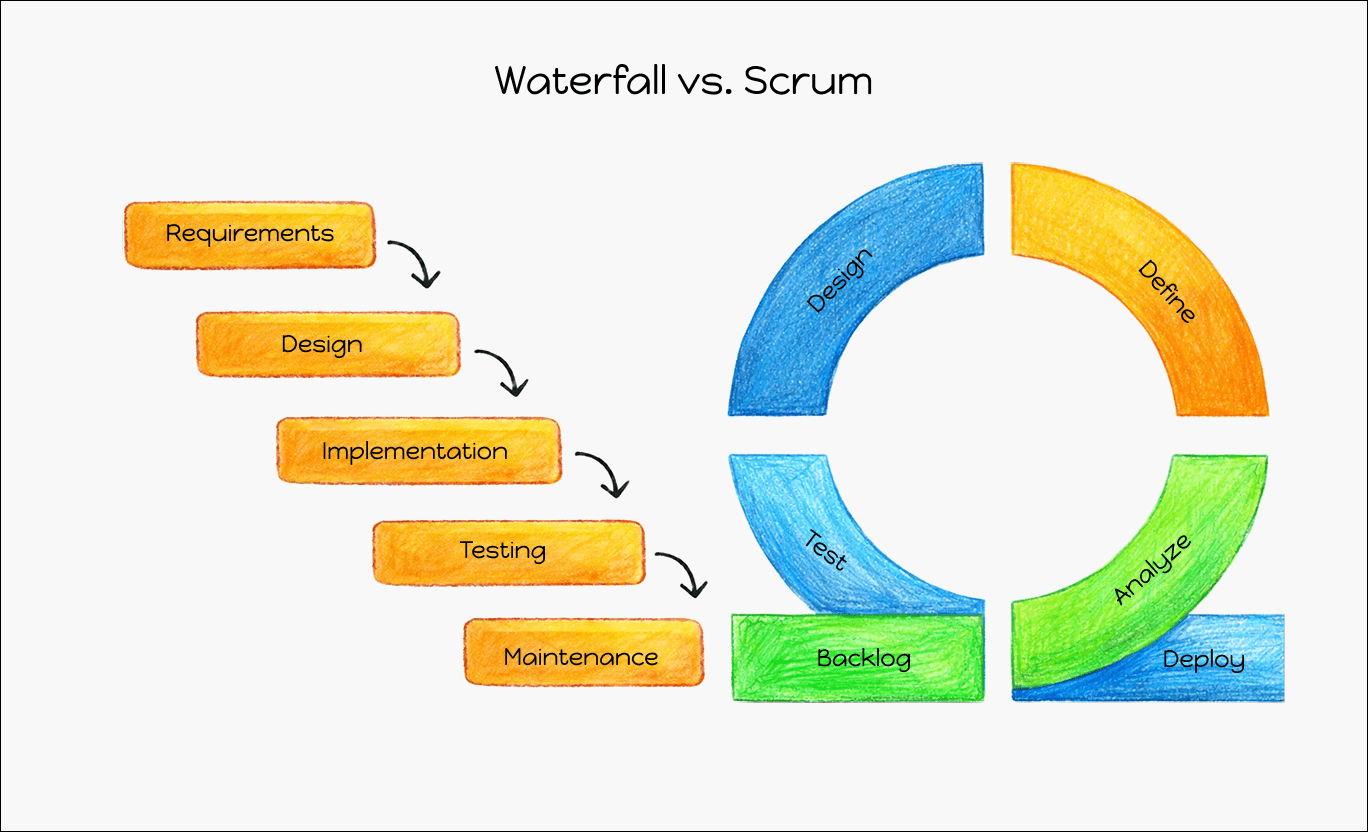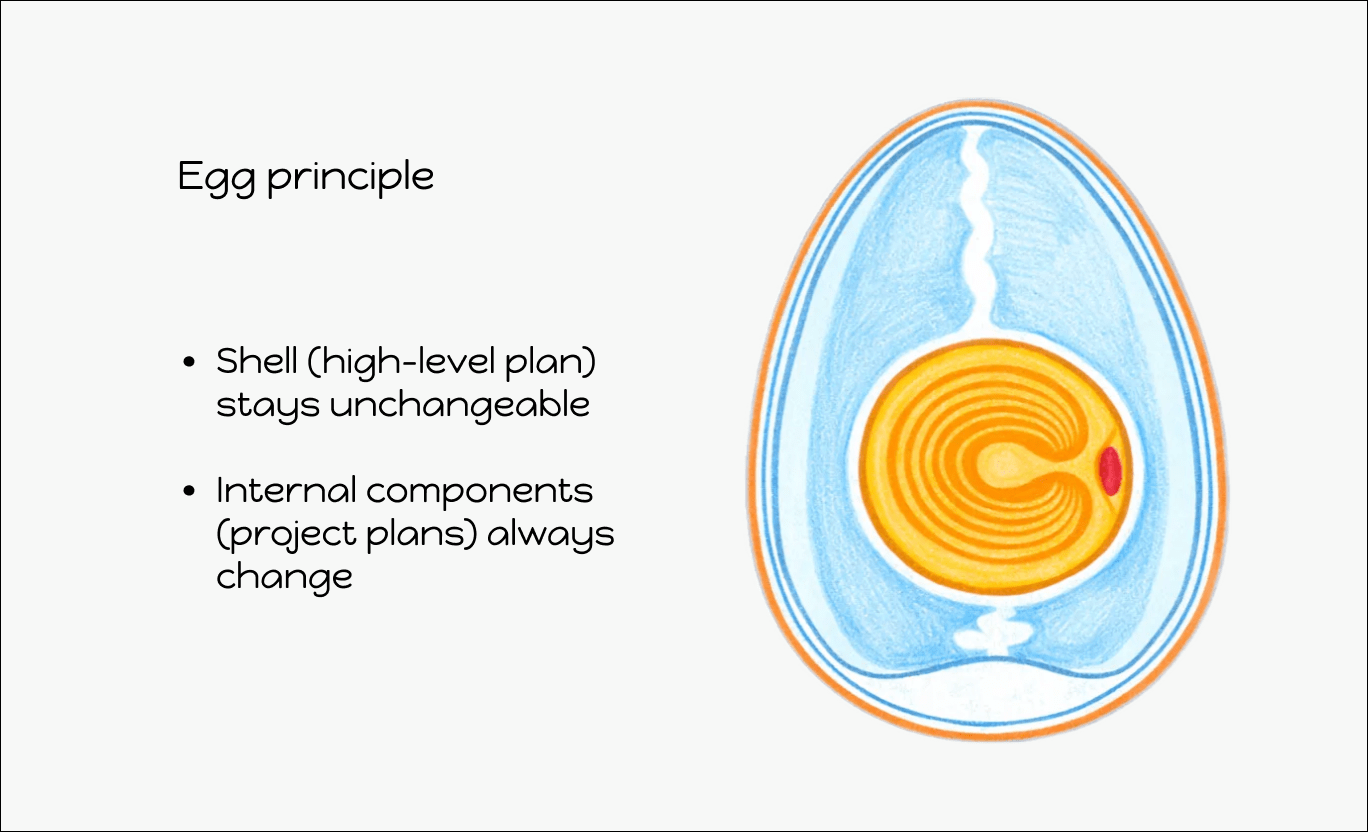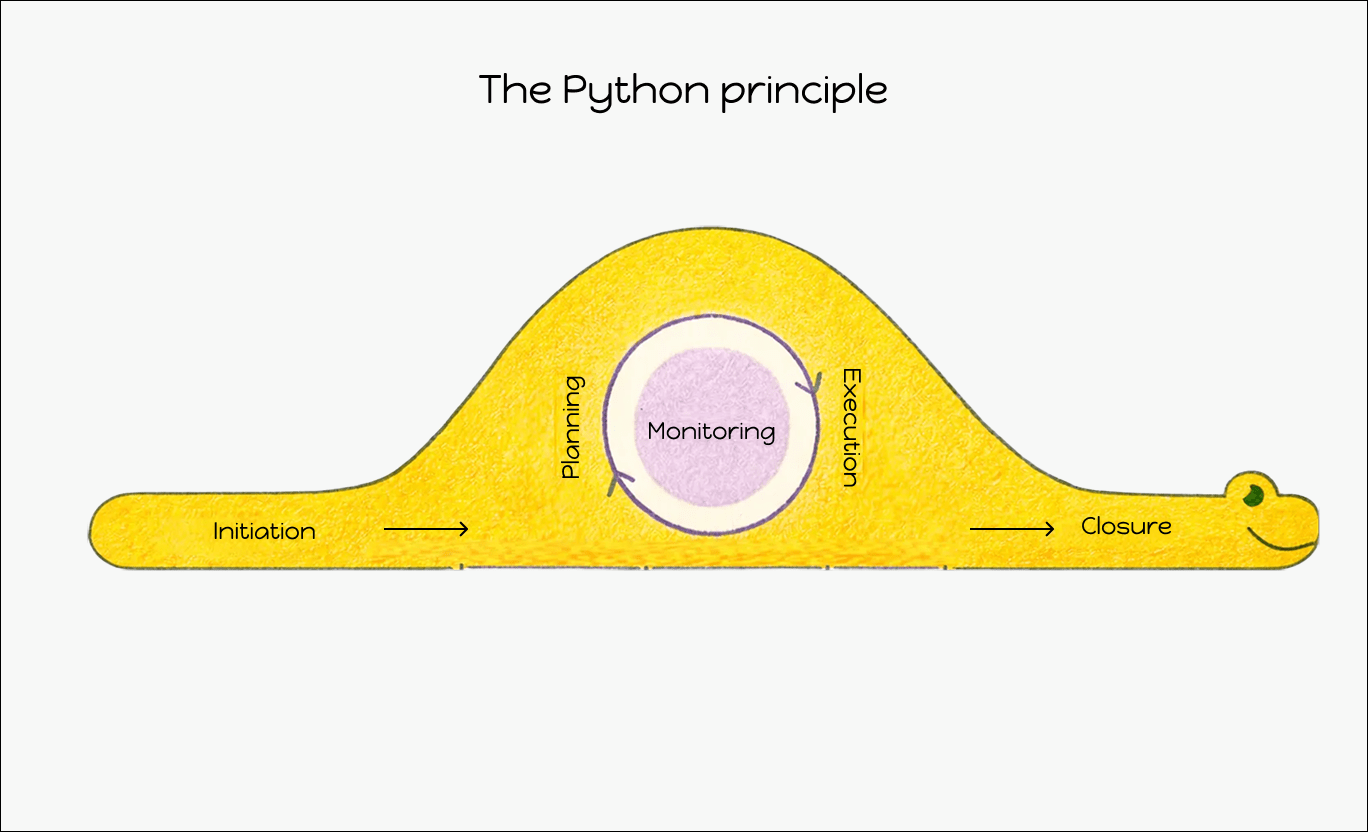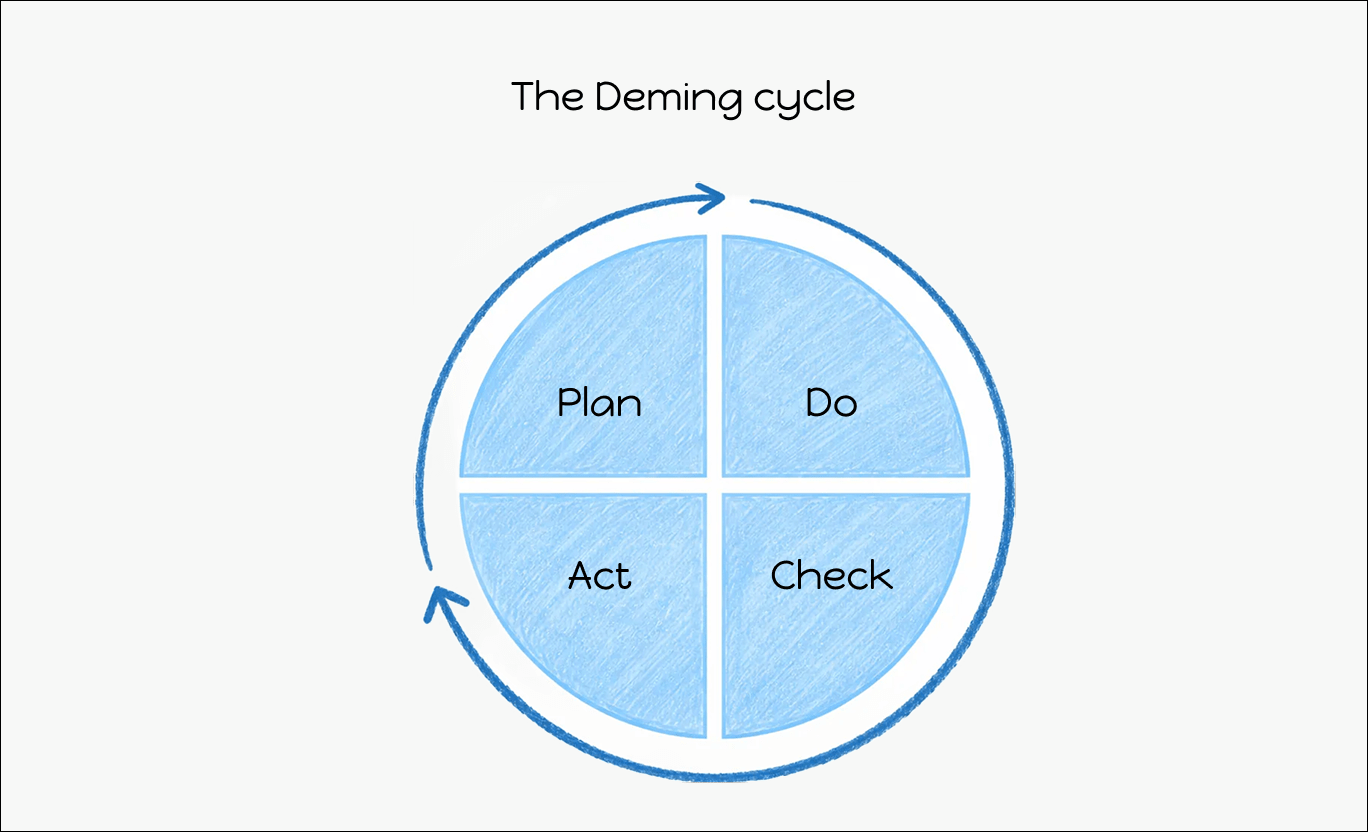The Principles of the Python and of Teamwork and Proactivity
Essential Project Management Principles
PMI’s PMBOK gives you all the project management knowledge you need, but honestly, trying to get to its core principles is like wading through a sea of complex jargon. If you've ever found yourself struggling to understand the PMI standard, you’re not alone. In this article, we’re going to break down these principles and show you how to apply them in real-world project management situations.
Behind Waterfall and Scrum

Waterfall has always been the go-to for managers who want rigid control. You map out every detail in advance, then you manage the process from start to finish. The problem? It doesn't work well with uncertainty — projects change, and so do the plans. But let’s not forget Scrum, which has become popular because it embraces change. Scrum is built around constant feedback loops with customers, making it adaptable, iterative, and responsive.
But here’s the catch: Scrum doesn’t focus on one crucial thing — a defined project deadline. If you need to know exactly when a project will be done and how much it will cost, Scrum can feel a bit... like a shot in the dark. If deadlines are non-negotiable, then maybe it's time to reconsider which methodology is right for you.
The Egg principle

Here’s a weirdly great analogy for managing uncertainty: the Egg principle. Think of your project’s shell as the project charter — rigid and non-negotiable, laying out the high-level plan, timeframes, and budgets. Inside the egg? That’s where all the change happens: the project plans, schedules, and resources that evolve over time.
It lets you manage both uncertainty and fixed project needs. You create a flexible plan, but keep the shell intact. This gives you enough structure to show your customer you’re on track, but enough flexibility to adjust as things shift.
The Python principle

The Python principle is simple: projects are a continuous cycle of project initiation, execution, and closure, with monitoring happening throughout — the Deming cycle: Plan-Do-Check-Act. This cycle is the secret sauce to avoiding the dreaded "set it and forget it" mentality. It’s not about doing everything at once; it’s about constant tweaking, checking, and improving until the project is done.

Incorporating this principle into your project management style means constantly refining what’s working and adjusting what’s not. The result? Continuous progress and fewer roadblocks.
The principle of teamwork and proactivity
Should a project manager be an expert in the project’s subject? Technically, no. While expertise can help, a great PM doesn’t need to be an expert in every field. What makes a great PM is the ability to bring the team together and get everyone aligned on the plan.
Teamwork is key. A project manager is the center of gravity — they bring all the key team members together to make decisions collaboratively. Proactivity is just as crucial: it’s not about waiting for things to go wrong. It’s about anticipating risks and problems before they become unmanageable. The PM should always be thinking one step ahead and addressing challenges before they surface.
Conclusion
Managing a project doesn’t have to be complicated — it’s about flexibility, planning, and continuously improving. The principles of Egg, Python, Teamwork, and Proactivity give you all the tools you need to handle the challenges of modern project management, whether you’re managing a software product, launching a startup, or driving a large-scale project. These frameworks help you keep your projects on track, reduce uncertainty, and ensure that your team is working together effectively.


